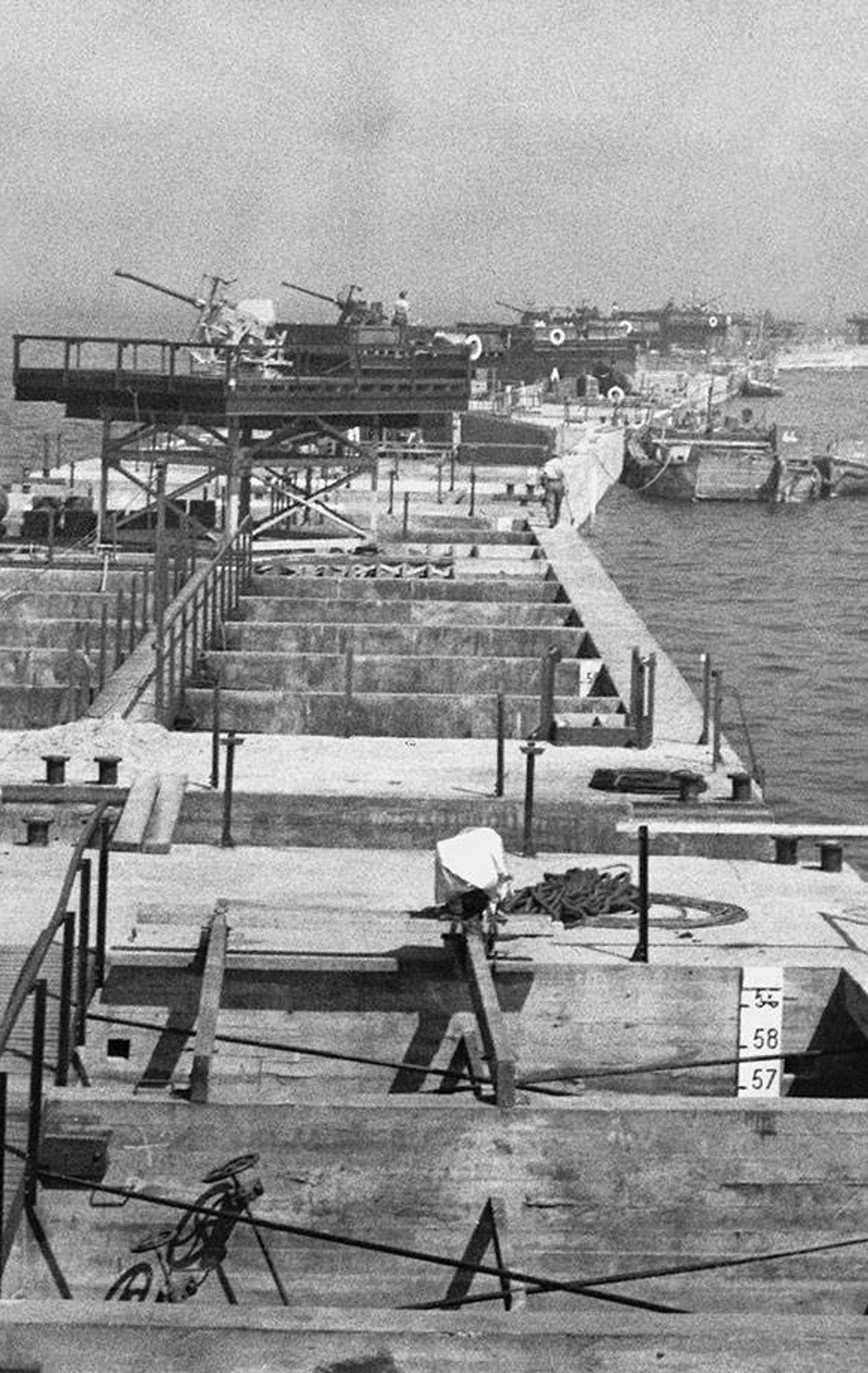- Client: Highways Agency
- Sector: Infrastructure
- Value: £300m
- Size: 24km stretch (3 to 4 lanes)
- Region: Midlands
- Services: McAlpine Design Group, Construction, Pre-Construction, Civil Engineering
Widening a busy stretch of the M1
Clever design, sustainable construction and well-planned communications helped us deliver this civil engineering project under budget, five months early.
When the Highways Agency asked us to widen 24km of the M1, as well as bringing the scheme in under budget, we also completed this major civil engineering project five months ahead of schedule.
Extra lanes were needed on both sides, including drainage and signal gantries. So careful construction management was key - for traffic as well as local stakeholders.
Applying value engineering from day one, we delivered cost reductions of £20 million through clever design, material selection and lean construction techniques.
Alongside construction, we preserved and built new habitats, planting indigenous woodlands where possible for local wildlife.
All was delivered safely with minimal disruption, thanks to innovative traffic management and detailed coordination on site.
I’d like to thank you for your assistance, openness and highly impressive professionalism in your dealings with us before and throughout the M1 widening works.
Michael Bruce Planning Officer, Broxtow Borough Council
Project summary
Safety first
Site staff completed 5,250 safety inductions and 40,000 hours of Health, Safety & Environment training.
Expert planning
We incorporated delivery of an additional £12m live traffic information system with no impact on delivery date.
Future proofing
To allow for climate change, the drainage systems can withstand a 20% increase in rainfall intensity.
Recycling waste
30,000t of resurfacing waste went into the central reservation in an innovative approach developed with the Environment Agency.
Planting local
30,000 of the 150,000 trees and shrubs planted were from seeds collected from nearby forests.
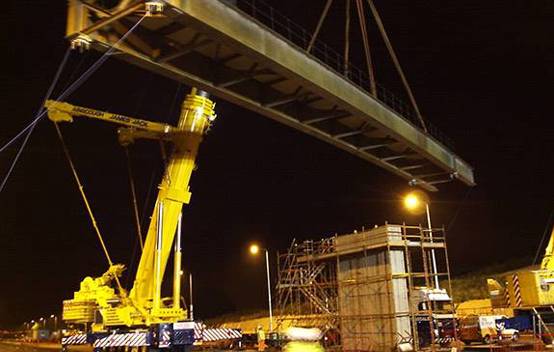
Design expertise
To reduce cost and programme, we reconfigured the carriageways to a compact motorway design (CMD).
A first for long stretches of motorway in the UK, this not only delivered a significant saving, it also minimised footprint. As a result it meant replacing only one of 46 bridges along the route.
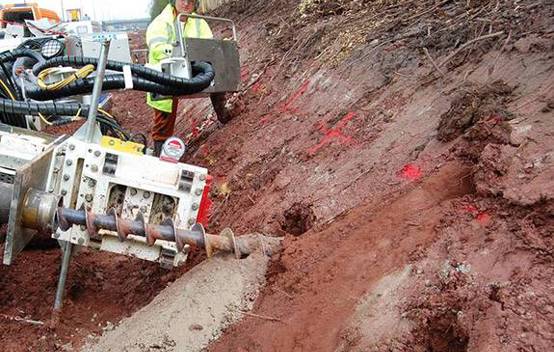
Construction expertise
- The length (and cost) of retaining walls were minimised through cost-effective, sustainable construction techniques like gabions and soil nailing.
- We analysed pavement design to develop cost-effective construction methods. Then we worked with the Environment Agency to develop a solution which meant we could recycle the removed pavement rather than disposing of it as hazardous waste.
- Thanks to extensive testing and analysis we were able to keep 60% of the hard shoulder as part of the new inside lane, delivering a 16,000t reduction in CO2.
Environment
To help minimise the amount of materials sent to landfill, we reused wherever possible.
- Excavated footings and drainage pipes were all crushed and reused.
- 100,000m3 of excavated ground was diverted from landfill and used to re-profile the site compound and local farmland.
- 30,000m3 was used to create a motorway embankment for a local farmer.
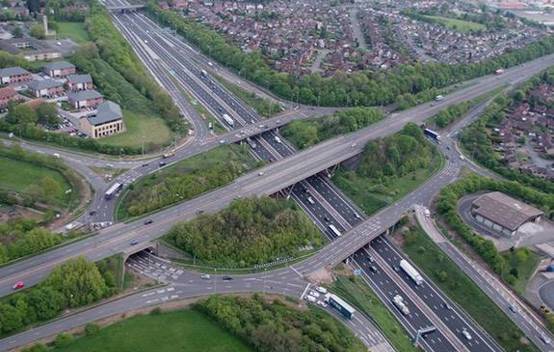
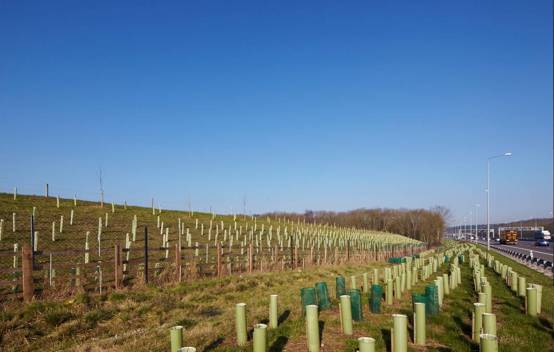
Preserving habitats
Our team worked with the client and Environment Agency to limit tree felling and preserve local species.
- 150,000 trees and shrubs were planted along the route.
- Wildlife was preserved through reptile surveys, bat and bird boxes.
- Project volunteers also worked with a nearby school to enhance the ecology of its small woodland, helping make the most of an under-used educational resource.
-
![DECORATIVE]()
Considerate Constructor Scheme Awards
Silver
-
![DECORATIVE]()
Green Apple Environment Awards
Infrastructure projects
-
![McAlpine workers constructing one of the caissons]() Read more about
Read more aboutConstruction of Mulberry Harbours to support the D-Day landings
A military engineering project of unprecedented size and complexity, we played a significant role in the construction of two artificial port facilities to support the allied forces following the D-Day landings in Normandy.
Sectors: Infrastructure -
![Newcastle Airport Aerial]() Read more about
Read more aboutOnward and upward for Newcastle International Airport
Over the last 40 years, we’ve helped Newcastle International Airport expand to meet growing demand.
Sectors: InfrastructureRegion: North East -
![The main entrance to Colchester Garrison, displaying a modern security gatehouse and landscaped approach]() Read more about
Read more aboutTransforming Colchester Garrison
In 2008, RMPA Services - a joint venture between Sodexo, WS Atkins and Sir Robert McAlpine - was awarded the project for the redevelopment of the garrison and the ongoing 35 year management of the facilities for the MoD.
Region: South East






